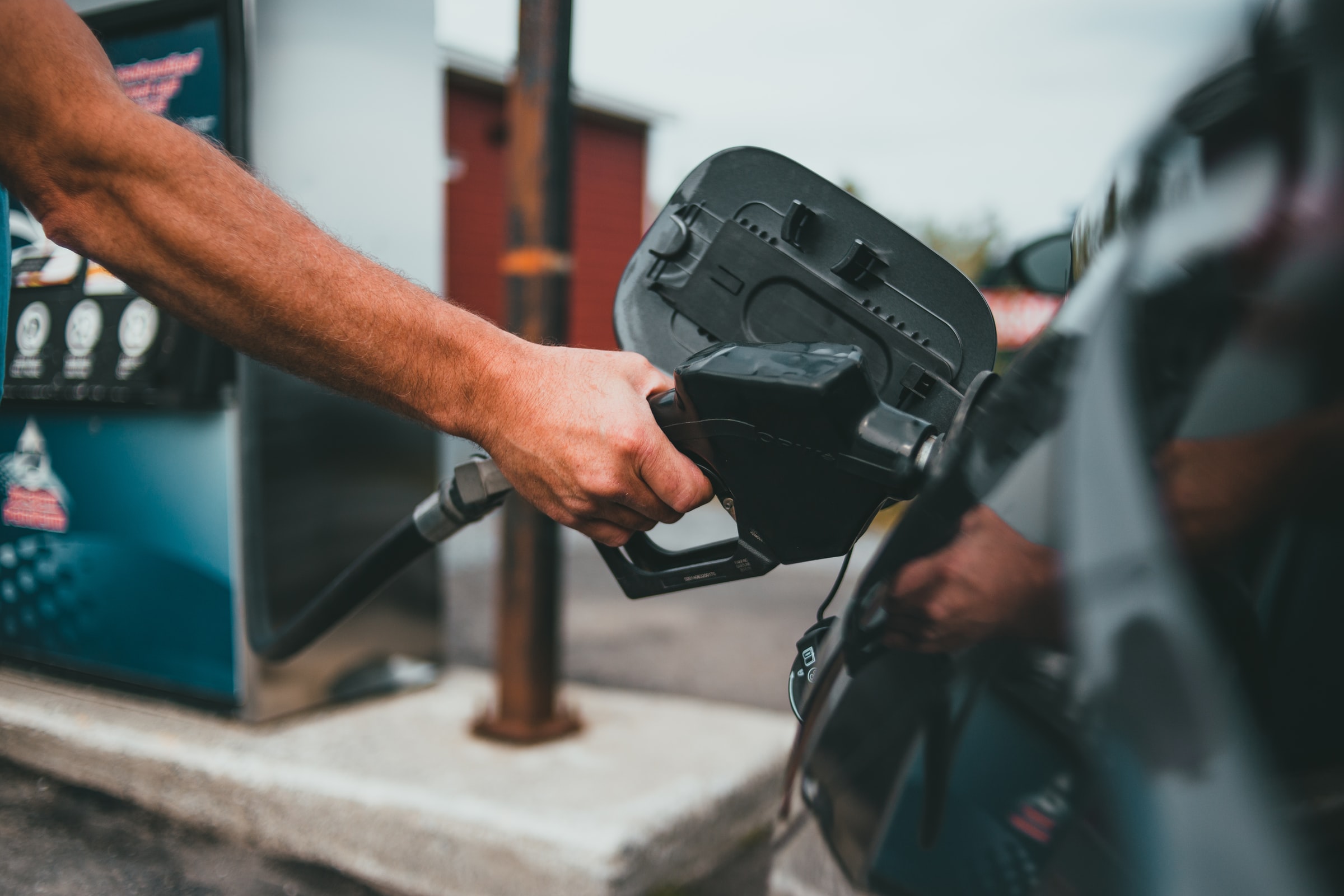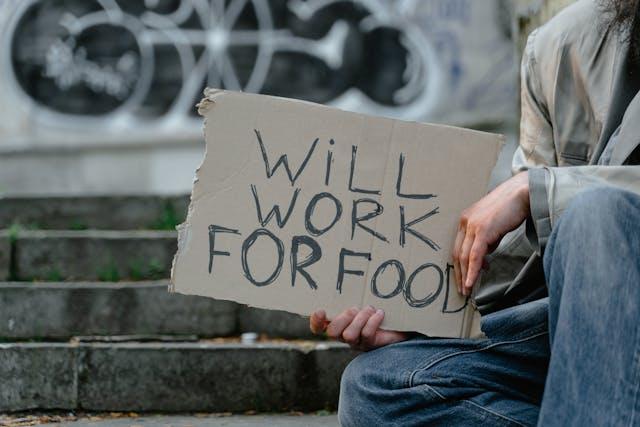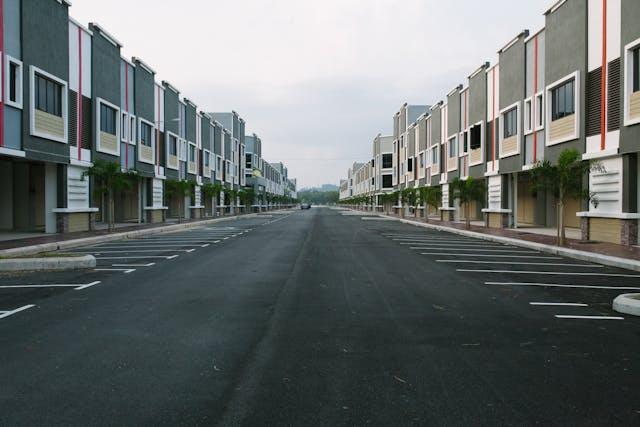
Relief checks will start from $350, depending on marital status and dependents
ANYBODY who has had to commute by car over the last five months knows that the skyrocketing price of gas has been a major hindrance, especially in places like California where driving is essential.
To help alleviate the financial burden of rising gas prices and inflation, Governor Gavin Newsom and state legislators have agreed to grant as much as $1,050 to millions of Californians.
As part of a $300 billion budget deal that was announced on Sunday, June 26, the three-tiered program is estimated to benefit 17.4 million taxpayers in the state with lower- and middle-income households benefitting the most.
Individuals who make less than $75,000 a year and couples who jointly make less than $150,000 a year would get $350 per taxpayer. An extra $350 would be granted for each dependent.
Individuals who make less than $125,000 a year and couples who jointly make less than $250,000 a year would get $250 each, plus any dependents.
The money will be distributed as soon as the governor and state leaders reach an agreement over the 2022-2023 state budget, which is expected to happen before the start of the new fiscal year on July 1.
“California’s budget addresses the state’s most pressing needs, and prioritizes getting dollars back into the pockets of millions of Californians who are grappling with global inflation and rising prices of everything from gas to groceries,” Newsom, California Senate President Pro Temp Toni Atkins, and Assembly Speaker Anthony Rendon said in a joint statement.
Currently, the average price for a gallon of regular unleaded gasoline in California is $6.44, much higher than the national average of $4.93 per gallon.
Newsom, who is running for re-election in November, previously proposed sending money to registered vehicle owners while lawmakers argued it should be directed to those who file taxes.
Republicans in the state have argued for temporarily suspending the statewide gas tax, but the Democratic-led state legislature argues it would not be a significant enough benefit to drivers. n






